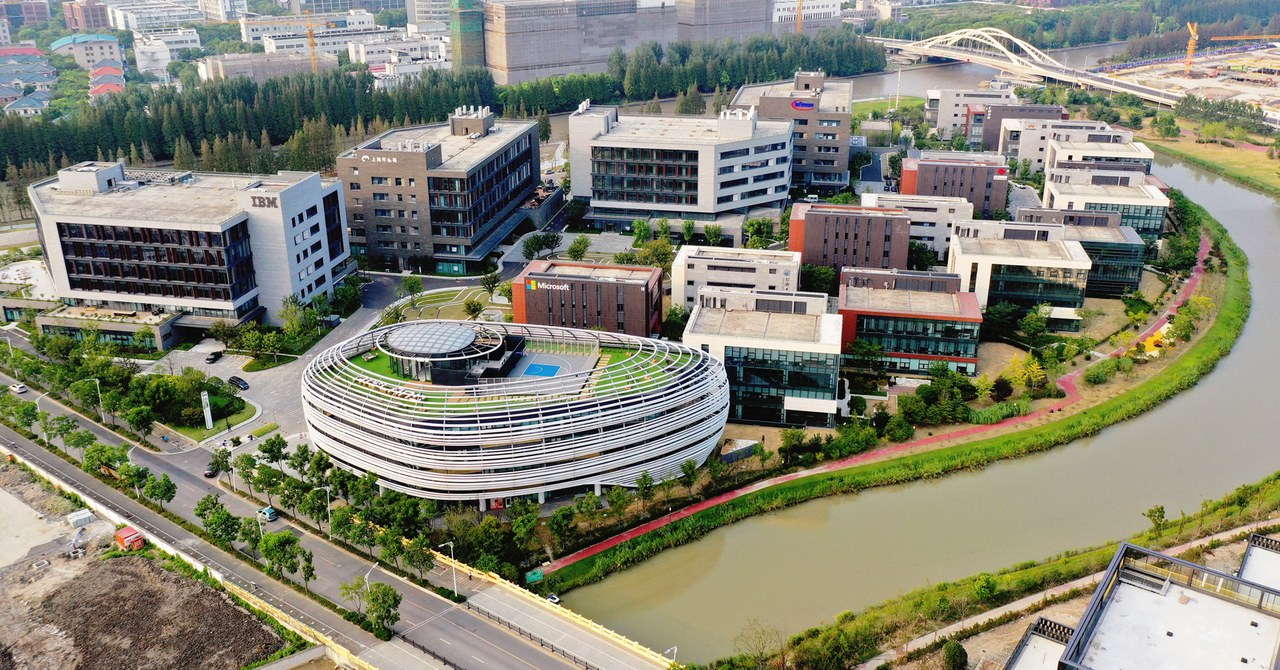For a long time, American business consisting of Microsoft, Google, and IBM have actually developed research laboratories in China to tap into local AI talent and to keep an eye on technological trends. Now, as tensions and constraints continue to increase, some observers wonder if the days of those outposts might be numbered.
The US Commerce Department imposed brand-new export controls on artificial intelligence software application last week, a procedure obviously designed to avoid United States business from delivering AI innovation that might train Chinese military drones or teach intelligence systems to interpret aerial imagery. However it stays to be seen how broadly the guidelines are interpreted, and they are unlikely to be the last to land on American AI algorithms, chips, and datasets. The Commerce Department is, in reality, still weighing further AI software application controls, and the Trump administration is
progressively inspecting how Silicon Valley communicates with China.” I do not believe any US government official expects to keep China from developing AI– they are doing rather well– however they don’t want business like Google or Microsoft assisting them,” states James Lewis, senior vice president of the Center for Strategic & & International Studies, a Washington DC believe tank.
Lewis says US companies may respond to the new export controls by looking to diminish their operations in China. “If you start to see Microsoft and Google beginning to retrench, then you’ll know which method we are going,” he states.
AI has actually become a lightning rod for political and financial stress in between the United States and China over the previous couple of years. The field is racing ahead rapidly and there are huge tactical advantages and financial advantages to be acquired on both sides. China’s ambitious nationwide AI plan, announced in July 2017, led local federal governments and organisations to put billions into AI projects. Both countries are working hard to harness the innovation for military ends.
The export rules are likewise the current spanner to be thrown into the equipment of US-Chinese relations. It follows constraints put on service transactions with Chinese AI business, tighter visa vetting for Chinese scientists, and public pushback over US business acquiescing to Beijing’s needs.
Google developed an AI proving ground in Beijing in 2017, keeping in mind at the time that a considerable number of AI research landmarks and documents now originated from China. The company said the team there would do standard AI research study, organize conferences, and work together with Chinese researchers. “China is home to much of the world’s top professionals in expert system (AI) and maker knowing,” checks out the post announcing the lab. The choice seemed especially significant considered that Google pulled its online search engine from the nation in 2010 in protest over government censorship and spying. This year, Google was forced to downsize efforts to develop a modified version of its search product ideal for the Chinese market amid demonstration from workers, politicians, and the general public. It is unclear the number of people presently work at Google’s laboratory in Beijing. Other US tech business, like Facebook, are successfully obstructed from running in China, and have actually watched home-grown competitors, like the mobile app WeChat, grow to control the marketplace in the last few years. Efforts to replicate and change US technology are now intensifying as the US federal government looks for to obstruct innovation transfer. In December, for example, China’s central federal government supposedly ordered officials to get rid of foreign PCs and software application from their offices within 3 years. Lewis says companies that have actually established a grip in China may be required to accept that the tech
superpowers are now decoupling.”Someone at one of these business informed me they have perhaps a seven-year lifespan left in China,”he states. “Although a lot depends upon how quickly the Chinese can build completing items.” United States stations in China are more than simply a sign of cooperation. Bill Gates recognized China’s possible as a research hub in 1998, establishing the first huge US research study lab there, Microsoft Research Asia. The lab quickly proved its worth, and over time it has actually added to key industrial projects including Windows, Office, Xbox and Bing. The laboratory was also fast to embrace advances in AI from the United States, showing a near real-time English to Chinese translation system in 2012. Apple likewise has a number of research centers in China. Amazon developed a research study lab in Shenzhen, a manufacturing powerhouse in southern, China this year.
Lewis says United States companies may react to the brand-new export controls by looking to shrink their operations in China. AI has actually ended up being a lightning rod for financial and political stress between the United States and China over the past couple of years. Google developed an AI research center in Beijing in 2017, noting at the time that a considerable number of AI research landmarks and documents now came from China. Other United States tech companies, like Facebook, are successfully obstructed from running in China, and have actually viewed home-grown rivals, like the mobile app WeChat, grow to control the market in recent years. United States stations in China are more than just a symbol of cooperation.









